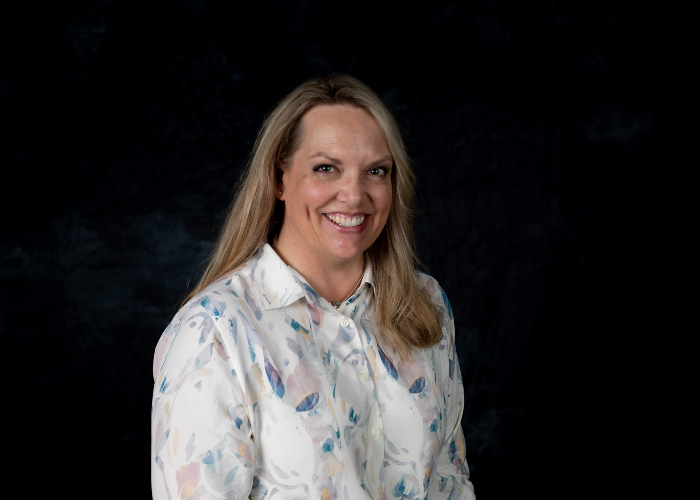homepage | Workplace Insights: Navigating Intergenerational Workforce Differences
February 3, 2023
February 3, 2023

Seven generations of people now comprise the U.S. workforce. From Baby Boomers to Millennials, Gen X to Gen Z, an intergenerational workforce is bound to have different communication styles. Differences often arise with career and role expectations, levels of experience, expertise, and perspectives among coworkers.
Bridging those differences while working toward a common goal involves adapting how people work with others. Presenters Christel Gollnick (pictured above), Erin Blocher, and Jeff Randolph will deliver in-depth remarks and insights at the Bridging Generations in the Workplace Conference. Attendees will gain helpful workshop tools and takeaways to lead and work with multigenerational workforces.

Where do you fit within the multigenerational spectrum?
Roots & Rounds founder Christel Gollnick discusses intergenerational differences in the workplace. Varying ages is a key factor to how people relate and treat each other.
“Every person deserves an opportunity to grow and make a positive difference in society. We can empower leaders and teams to foster a sense of belonging, awareness of shared interests, respect for differences, and value of unique perspectives opens pathways to meaningful work and innovative solutions,” says Gollnick. “If we can help people improve their work relationships through the lens of age – the diversity characteristic we all share – then they can transfer that learning to other equity, inclusion, and accessibility challenges.”
Each generation plays an important role. Learning about generational differences can improve relationships and resolve or curtail conflict.
“While the situation is complex, with seven generations alive, six volunteering in communities, and five earning a paycheck for the first time in history, most conflict stems from a lack of self-awareness and behaviors reflecting incorrect assumptions and snap judgments,” says Gollnick. “When people feel valued for the skills, ideas, knowledge, and unique perspective they bring to the workforce and charitable organizations through volunteerism, their physical, mental, and emotional health and overall spiritual wellness are better. All of those factors impact improved bottom lines through productivity and effectiveness.”
A one-size-fits-all approach to work relationships and communication won’t be effective, of course. Gollnick suggests focusing on commonalities between coworkers and peers.
“We are not suggesting that people of varying ages be treated the same, but instead, equitably,” says Gollnick. “There is much to be celebrated and valued about each generational cohort for their unique experiences and perspectives as well as their shared concerns, passions, values and goals.”
Gollnick adds, “Research and lived experience proves that humans, regardless of age, have more in common than we don’t. Learning to be more aware, act with emotional intelligence, and communicate with more respect, clarity, courage, and compassion are root-level leadership skills that are an asset to any team member in any situation. Developing these skills builds bridges in relationships instead of the walls of conflict and frustration that we often see springing up between older and younger employees.”
Defining and applying practical tools and techniques to generational diversity in the workplace has an impact.
“While some people see the benefits of diversity of thought and experience, many others do not,” says Gollnick. “Feeling misunderstood and losing confidence in yourself and other people has real health, wellness, productivity, and financial consequences. A strong sense of belonging regardless of age is one of the secrets to a high-performing team in today’s organizations.”
Glean more insights and expertise from Christel Gollnick, Jeff Randolph, and Erin Blocher at the Bridging Generations in the Workplace Conference. Register today.
Tuesday, April 11, 2023, 7:30 am-1 pm
Stoney Creek Hotel, 1201 North Woodbine Rd., St. Joseph, MO 64506
$35, includes lunch and breakfast